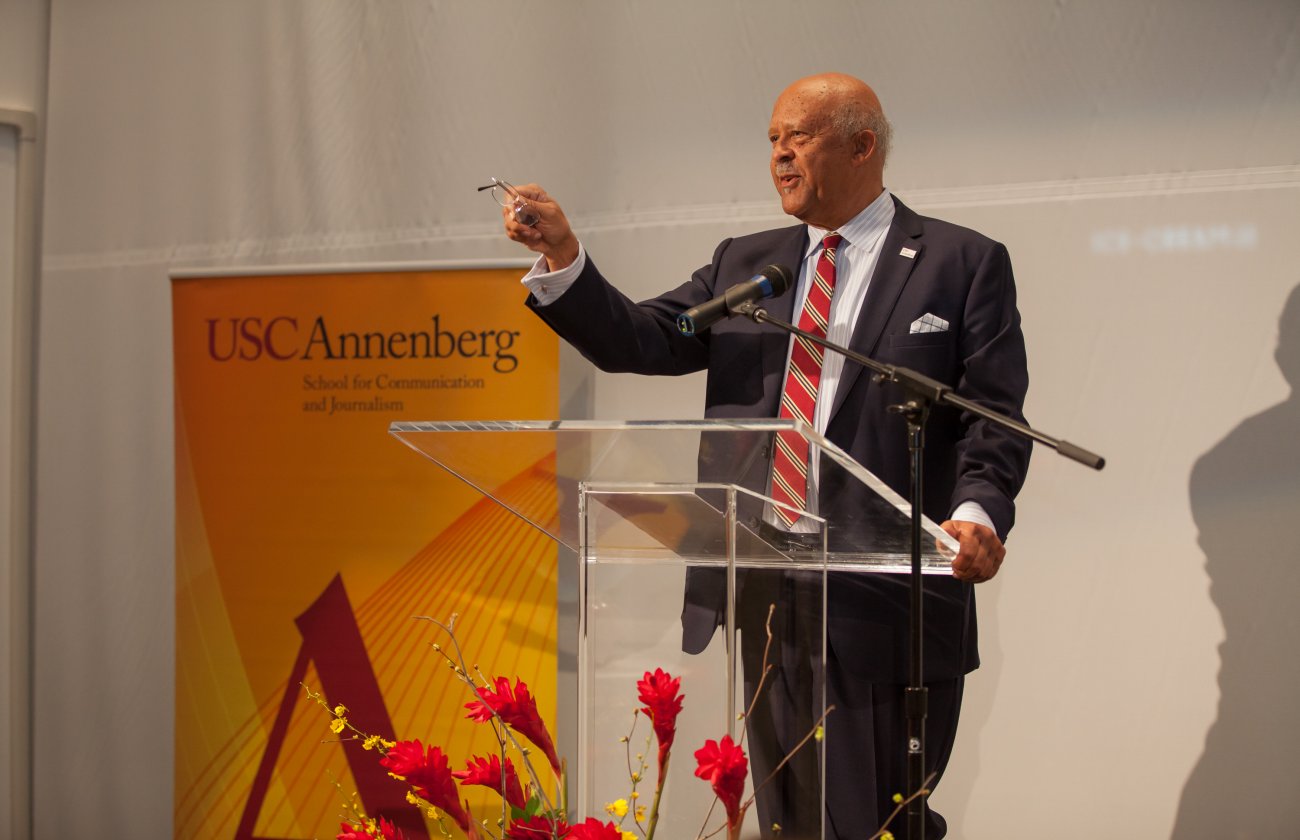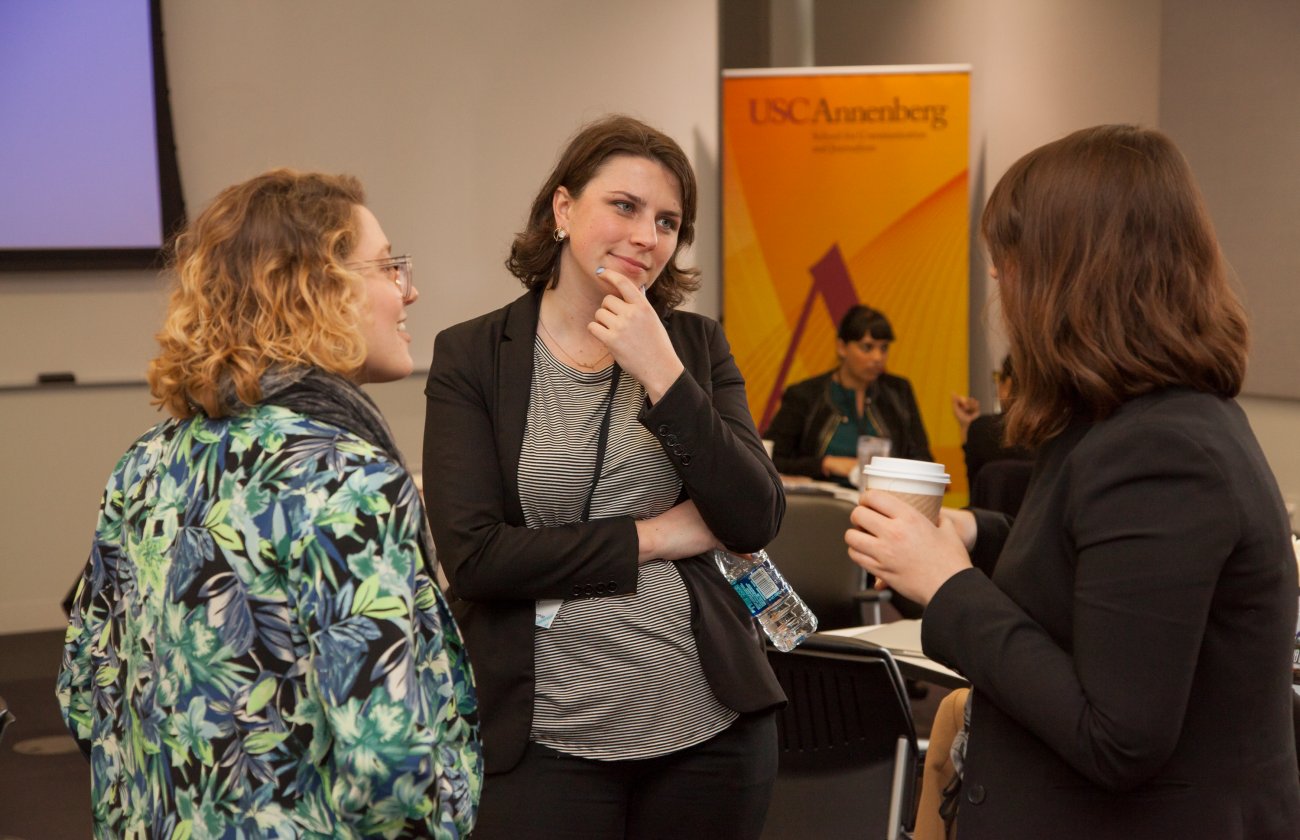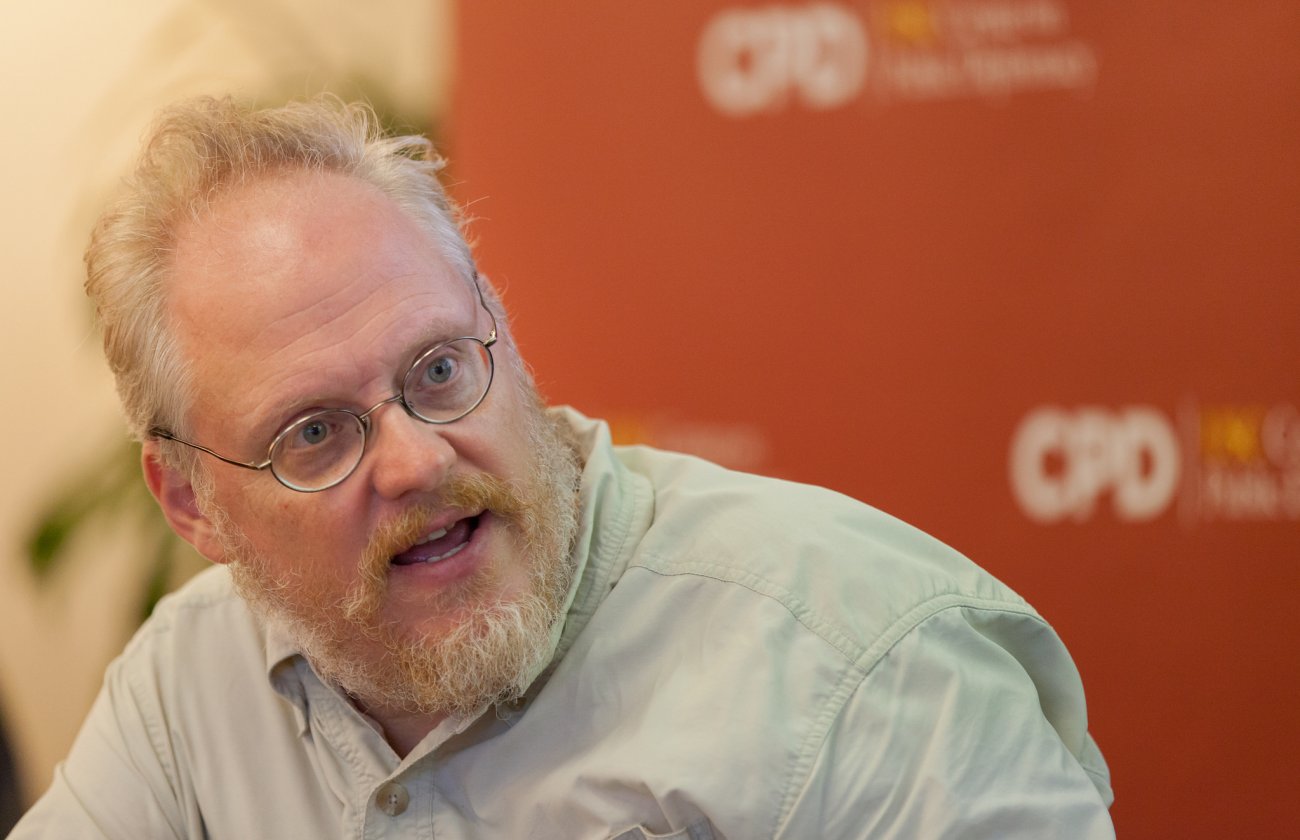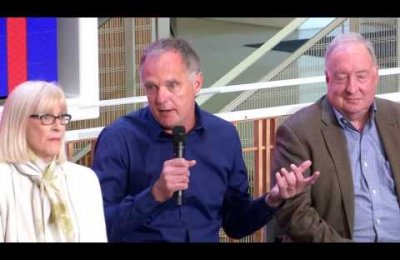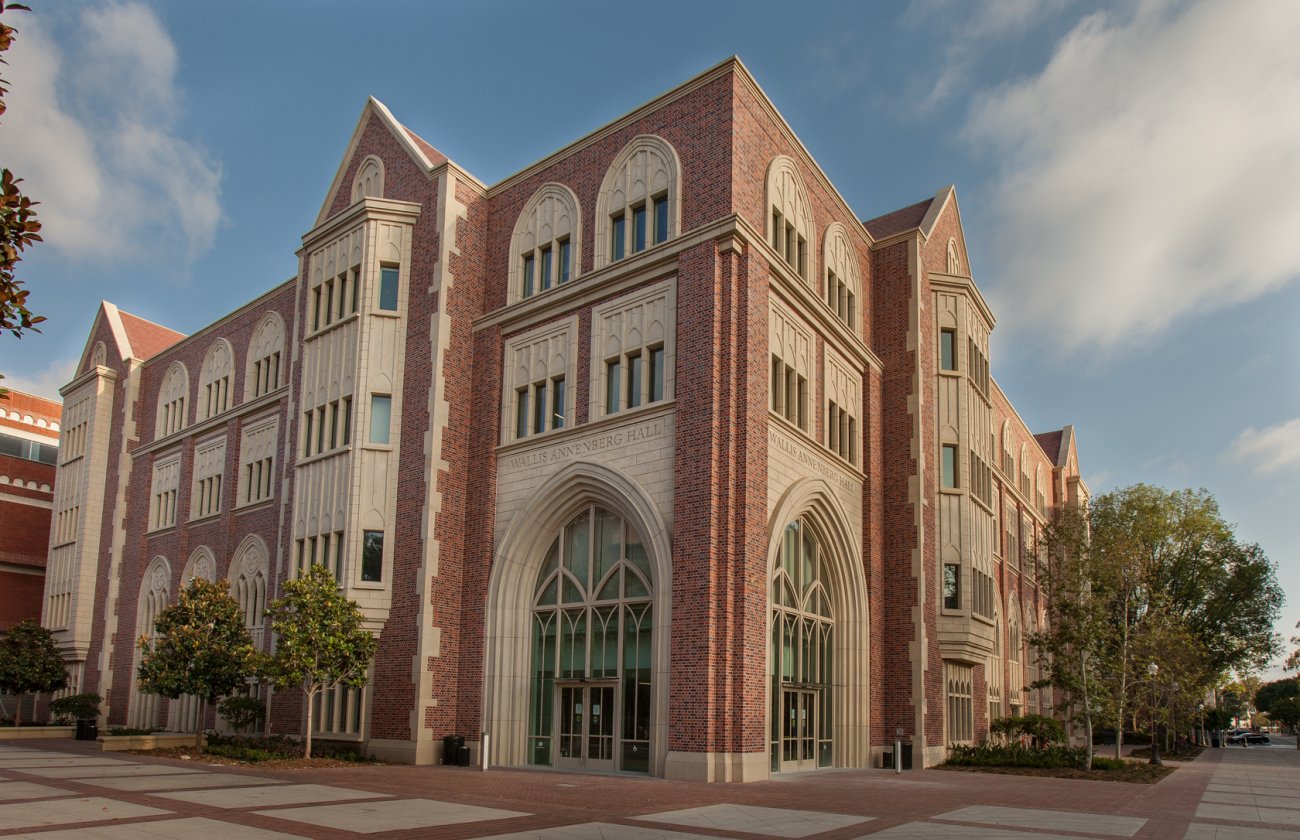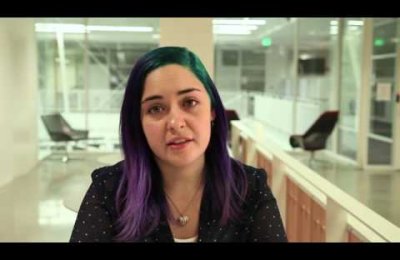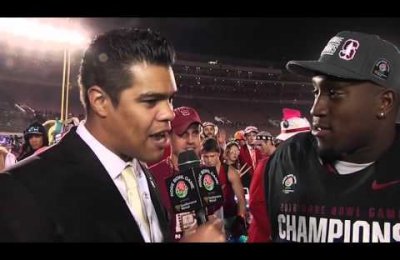I met up with Emmanuel Martinez on the sun-baked patio at USC Annenberg at the end of April, a couple of weeks before he finished grad school. It’s not rare to find a journalist-in-training who can talk endlessly about his niche—in Martinez’s case, data journalism. But Martinez, who has been trained in essentially all forms of journalism--the most traditional to the most progressive--spoke about these forms with equal enthusiasm and nuance.
And beyond seeing them as separate genres of the craft, Martinez’s vision of journalism’s forms includes them all. He is driven by the idea of telling different versions of the same story in order to further our perceptions of it.
Originally motivated by narrative journalism, Emmanuel Martinez (M.A. Print & Digital Journalism ’14) became obsessed with data journalism during his time at USC Annenberg. After graduation, he will start a Google Journalism Fellowship in June.
One of eleven students nationwide selected by Google, Martinez will work with the Center for Investigative Reporting during the ten-week fellowship, advancing techniques for data mapping and analytics.
On Friday, Martinez will graduate from USC Annenberg’s Master’s program in Print & Digital Journalism, the first member of his family to receive a graduate degree. His parents are originally from Mexico, and Martinez estimates that his father received the equivalent of an eighth grade education and his mother the equivalent of third grade.
“My parents have always told me that education is the most important thing,” Martinez said,. As first-generation Americans, Martinez and his siblings were the first members of his family to attend college. After getting his undergraduate degree from UC Irvine, Martinez knew he could become a stronger journalist after more study.
Martinez was raised in a town outside of Fresno called Sanger—a farming area, very rural. He studied literary journalism at UC Irvine, fascinated by longform radio on NPR’s “This American Life” and thinking he’d like to become a sportscaster on ESPN’s SportsCenter. He studied publications that put together story packages with multi-faceted forms, including Sports Illustrated’s piece “The Book of Tebow.”
When he arrived at USC Annenberg, he joined Annenberg Radio News, following his interests in radio storytelling from listening to NPR. He interned at KPCC. Meanwhile, he started familiarizing himself with forms of media that played into his inherent thirst for numbers and information. He found that he could connect his studies of data to what he learned about narrative storytelling in his classes that explored more traditional journalistic forms.
This led him to USC Annenberg Professor Dana Chinn, who teaches courses in data journalism. Emmanuel quickly learned the basics of spreadsheets and data analysis on his own, and he continually dropped by Prof. Chinn’s office to pick up packets of her class slides to read in addition to his regular course load.
“He started using what he was learning [from those slides] and applying them to his own stories he was doing in his regular reporting classes,” Chinn said.
Chinn said that Martinez’s incredible drive to learn more and more about analytics qualified him for the extremely competitive opportunity at Google, where he will be immersed in an environment of some of the best data analytics teams in the world. Martinez will spend the first week of the fellowship at Google’s headquarters in Mountain View, California, then will move to the Center for Investigative Reporting for the remainder of the fellowship.
“Numbers and math had always come easily for me,” Martinez said. “Looking at spreadsheets and databases, mining stories from those, I started to learn how to make interactive journalism projects that combined analysis and interaction. Now that everything can be presented online, and audience is based on clicks rather than ratings, publications are figuring out how to keep readers on a web page, and interactive stories are what grabs them.”
While math skills help with analytical thinking, Chinn said that the important basis for data journalists is the ability “to think in a quantitative way as well as qualitative. Most journalists have strengths in qualitative analysis…I think it does take a certain kind of mindset, like Emmanuel’s, to turn the data into a story. There’s that saying: no story without data and no data without a story.”

